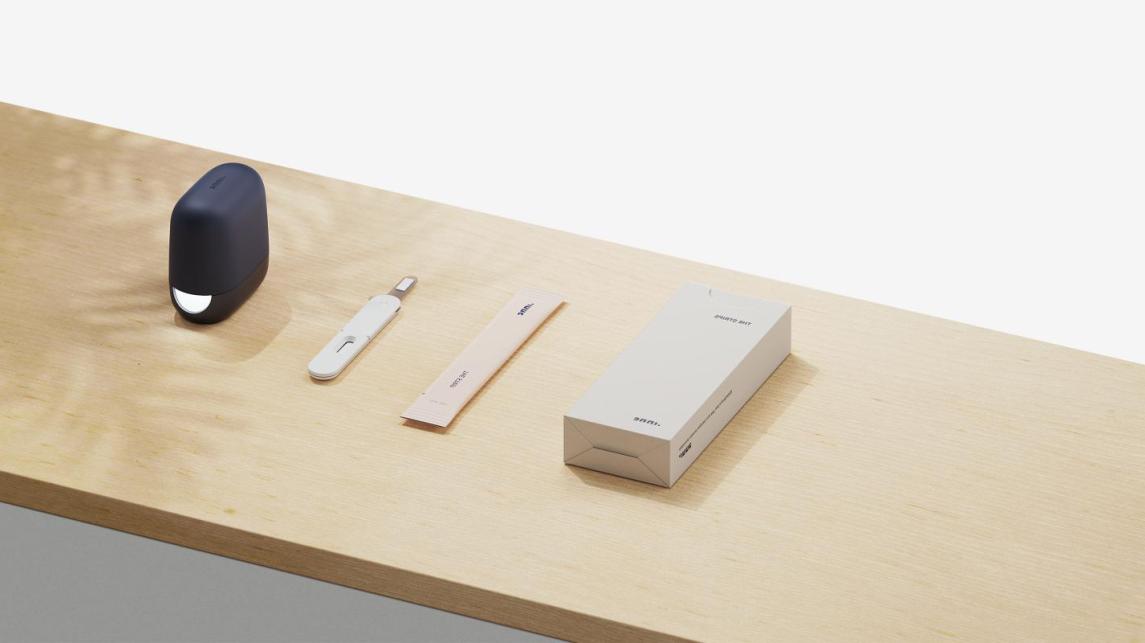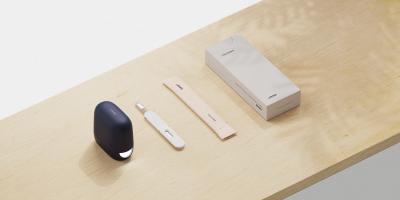
FemTech changes the field of product development
Where innovation meets inclusiveness
Despite women* making up nearly half of the world's population, there exists a notable disparity in investment and product development for female health. Everyday items like furniture, smartphones, and cars are often tailored for the average white man. Ignoring gender differences in product design can result in costly, risky, or even fatal consequences when women are considered being smaller men.
FemTech, or female technology, offers tailored diagnostic tools, products, and services for women's health needs. Companies in this field focus on innovative solutions for health conditions that affect women uniquely, like ADHD or cardiovascular diseases with gender-specific symptoms, or product design which includes the female perspective.
The unserved area of women's health
Medical research often focuses on data from average white males, neglecting gender differences in immune systems and hormones. Only 4% of the global research and development healthcare budget is allocated to women's health, accentuating a concerning disparity. Neglecting women's health can lead to social and economic setbacks and widen gender gaps. 1 FemTech and improved women's healthcare could drive positive changes in the healthcare ecosystem and beyond.
The rise of digital health and wearable tech brings new innovation opportunities. While menstruation products are key, fertility, birth control, menopause, and hormonal disorders are growing areas with untapped potential. An example is inne, the world's first at-home fertility monitor using saliva, developed by German start-up Feral with AFRY's mechanical designers.

Women are not small men
When stepping outside of the MedTech area the gap between investments and development of gender diverse products and services remains. Consumers are led to believe that products like cars, sporting goods, smartphones, and furniture are unisex, when in fact they are designed for the average white male. 2 Women are too often left no choice than to use products where comfort, safety and functionality for females are left behind.
A typical example is the automotive industry where there are no regulations saying cars must be collision tested with a female crash test dummy in the driver's seat, resulting in a 37% higher risk for women to be seriously injured in case of a frontal collision. When developing new cars, a majority of the manufacturers simply do not consider the differences in height, centre of mass, or strength in neck muscles when it comes to female versus male bodies.
Another relatable example is the indoor temperature of the average office. Most office buildings set temperatures based on a decades-old formula that relies on the male metabolic rate, which are higher than those of women, and therefor result in a warmer body temperature. This results in women being cold and wrapped in blankets or jackets in the office space. Maybe it’s time to reduce gender-discriminating bias in thermal comfort as well?

How did we end up in this situation?
Research reveal that 80% of MedTech companies are led by men. Additionally, when innovators set out to solve healthcare challenges, there's a notable tendency for males to focus on conditions that predominantly affect men. 3 4
The same situation can be seen in other industries. Studies have shown that only 19% of practicing product designers in the US are women, and only 11% of design leadership roles are held by women. In the UK, the statistic is even more troubling, with women only representing 5% of practicing designers. 5 6
However, 70% of FemTech companies are run by female entrepreneurs and research shows that women-led teams solve issues for both genders and challenging stereotypes. When companies are run by women, it not only changes the health care industry but also reduces the gender inequality within the tech landscape. 7
Why does FemTech hold such significance?
With technical solutions designed for women's needs FemTech offers a more precise healthcare not only for female exclusive conditions, but also where symptoms on diseases vary between gender.
While contributing with technology and services FemTech highlights stigmatised topics such as menstruation, menopause, and other related questions.
FemTech companies often adapt to the diversity of the women and offer products and services to marginalised groups and LGBTQI+ populations making health care technology more available for a wider group of users.
FemTech has the potential to make a significant global impact by improving access to healthcare services, empowering women to take control of their health, and advancing research and innovation in women's health.
FemTech at AFRY - catering to diverse sectors
FemTech at AFRY is the umbrella where several of our competences are gathered to drive the change and strengthen our offer even further. By connecting different expertise areas such as design, infrastructure, mechanical engineering, medtech, product development, software development, and life science, AFRY becomes a strong partner in the FemTech landscape and support clients developing innovative solutions ensuring inclusivity for everyone.
*In this text we have chosen to refer to girls, women, and females due to the lack of official recognised and accepted expressions that covers a more diverse population. We want to highlight that everyone born with a uterus is included no matter which pronoun you prefer to use. We are also aware of that the term FemTech itself can give a sense of exclusion. We welcome all suggestions on better expression and terms to use.
Footnotes
- 1. https://www.weforum.org/agenda/2024/01/women-healthcare-gap/ a↩
- 2. https://www.sir.advancedleadership.harvard.edu/articles/shrink-it-and-pink-it-gender-bias-product-design a↩
- 3. https://meditechinsights.com/global-femtech-market/ a↩
- 4. https://www.mckinsey.com/industries/healthcare/our-insights/the-dawn-of-the-femtech-revolution a↩
- 5. https://www.sir.advancedleadership.harvard.edu/articles/shrink-it-and-pink-it-gender-bias-product-design a↩
- 6. https://www.ncbi.nlm.nih.gov/pmc/articles/PMC7154023/ a↩
- 7. https://www.news-medical.net/health/The-FemTech-Revolution-how-technology-is-empowering-Womens-health-and-wellness.aspx a↩








